How The Traveling School Helped Prepare Alumnae for this Year’s Challenges
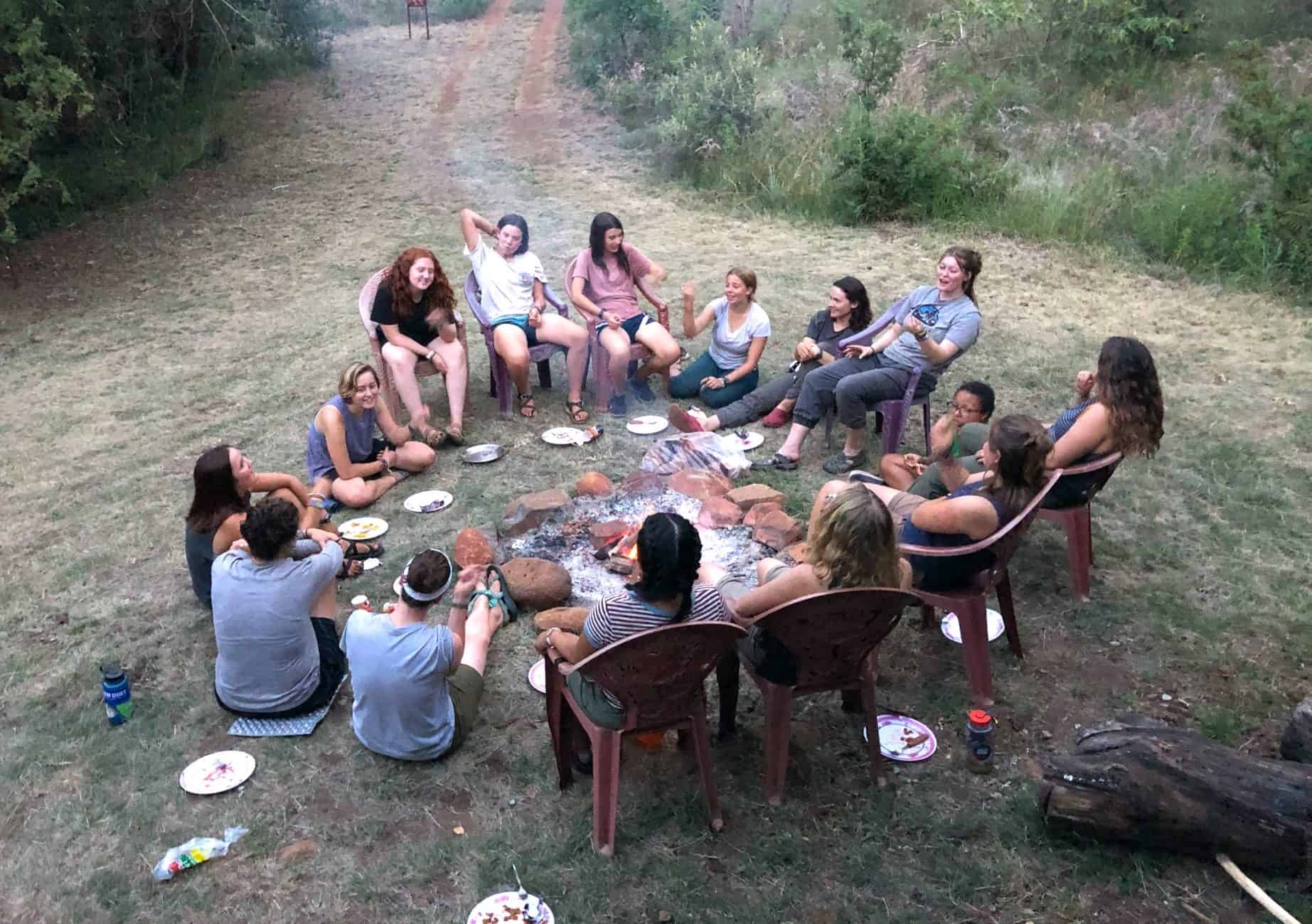
“TTS taught me that life will sometimes hurt like hell. It’s not perfect. It’s not as simple as it seems. It doesn’t feel like a rosy, picturesque movie…But then it’s up to you to pull yourself up, to reach deep within yourself and grab whatever you have left. And that change you always wanted in yourself? That’s where you’ll find it.” Isabel Estes, TTS35
One of my students recently asked me: “What can I do to feel less helpless right now?” Despite feeling helpless myself, I tried to remind her that action, even small attempts of it, can help suffocate helplessness. I then offered a list of books to read, podcasts to listen to and conversations to watch. I owned that my response to her was hardly exhaustive and likely communicated my own sense of defeat. It barely skimmed the surface of what effort was necessary to address the racial injustice in our nation, and entirely failed to console her amid the grief, loss and distress surfacing for many of us as a result of our global pandemic.
The seismic complexities of 2020’s political and social landscapes have yielded both opportunities and challenges for young people to find their voices as leaders and critical thinkers. “I can’t vote and my school won’t let me protest,” this student continued. But it hasn’t been straightforward for those granted such privileges, either. There is no playbook for navigating a pandemic, there is no overnight solution to400 years of systemic oppression. This student is not alone; there is a trend of those looking to quell feelings of naiveté, consequential inaction or existential resignation.
To my attempted message of hope and list of resources, my student responded, “What if we read one of those books about racial justice and then have a Socratic seminar about it, like we did on semester!?”
It was in her excited response that my helplessness, for even a fleeting moment, was dispatched. Such conversations are fruitful roots for the humbling and action-oriented work we need for systematic change—the petition signing, the rallying, the voting, the self-examination, the calling out, the calling in.
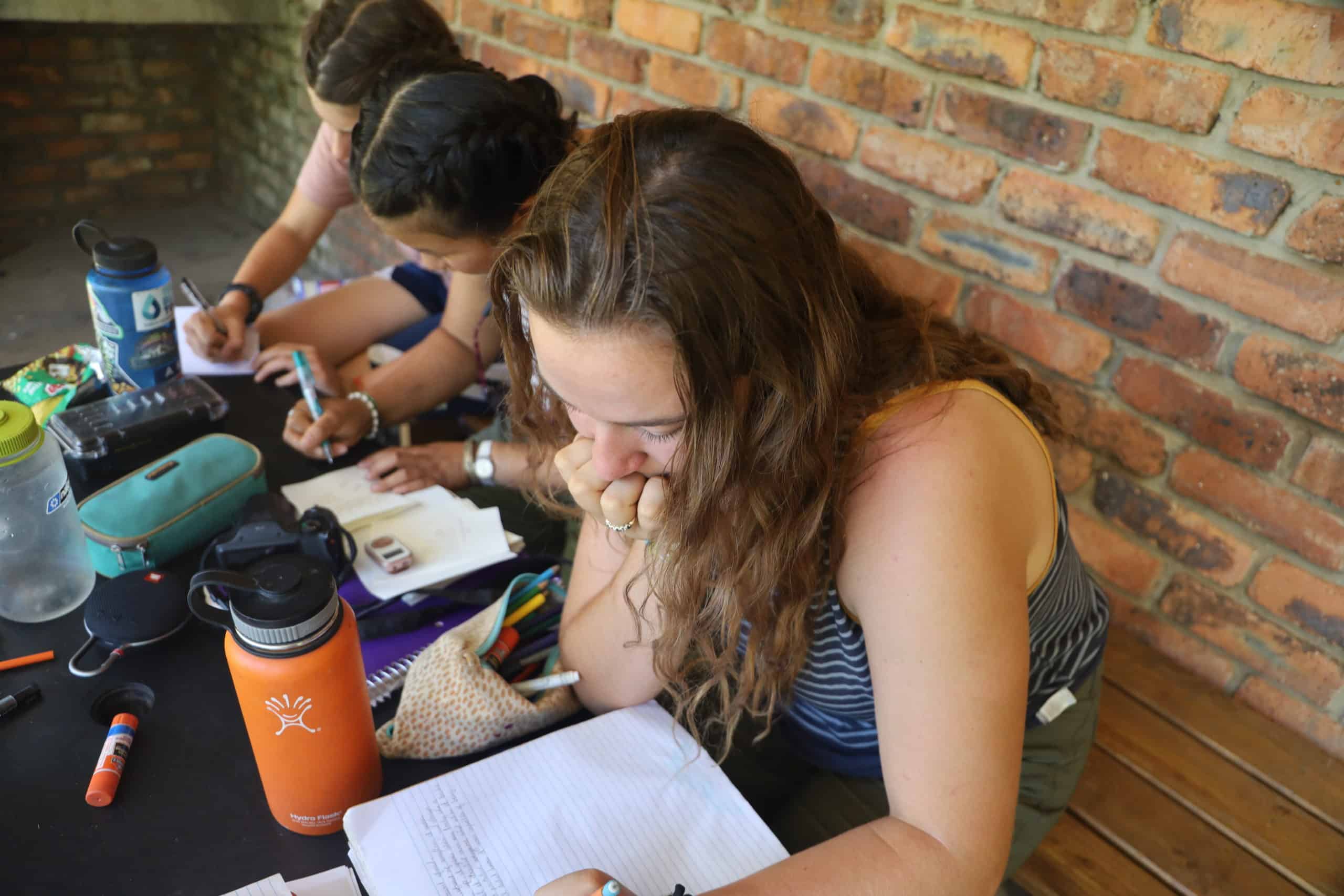
I began reminiscing about our time together in Africa, nostalgic and perhaps envious of the educational experience she was afforded so young.
Her History class cultivated rich discussions about the brave activists of South Africa’s anti-apartheid movement, even invited her into the living room of one of Nelson Mandela’s closest accomplices, Denis Goldberg. Her Global Studies class ignited critical thinking about the relationship between colonizers’ violent greed and the Indigenous communities they exploited. Her Literature class asked her to examine the stories that have shaped her identity, those of her peers and those of her own country.
The Traveling School exists to catalyze critical thought and foster leadership opportunities for young people. I believe the value of this now even more than I did seven months ago.
I became curious about how our alumnae are using lessons from their experiences to approach the shifting ground beneath our nation’s feet. This prompted my own reflections: how did my two Traveling School semesters help me navigate this historic year with a little bit more of a roadmap towards hope, broadened perspectives and ideas for helpful actions I can take.
So I followed up with alumnae with that question on my mind:
How have lessons from your Traveling School semester helped you navigate the public health and social justice challenges of 2020?
I was unsurprised to read the responses of young women who had already been asked to show up as resilient, open-minded critical thinkers at least once before — on their semesters. I am excited to share their thoughtful reflections with you.
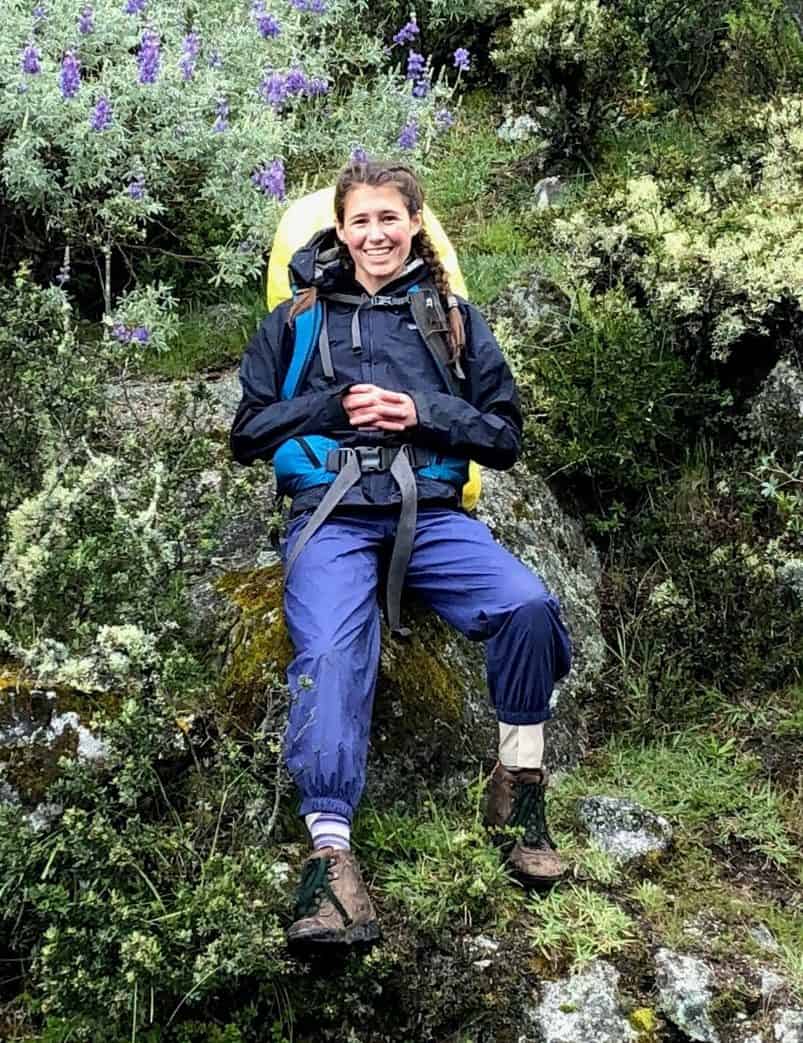 “Prior to TTS, I was content being a bystander. I wasn’t politically active and lacked general knowledge surrounding the issues in our world that didn’t affect me firsthand, which were most. The content discussed in class on TTS, particularly on privilege, left me hungry for answers and action. Coming home and seeing that little of either exist, I felt the responsibility to become more engaged with my community and do my very best to enact necessary change. I’ve begun to find my voice, whether in a crowd of many at Black Lives Matter protests or in conversations with my school principal about integrating African-American culture into the curriculum. Through waking me up to the realities of our world and the importance of using my privilege for good, TTS taught me to truly care, fueling me to become an upstander.” — Olivia Reynolds, TTS33
“Prior to TTS, I was content being a bystander. I wasn’t politically active and lacked general knowledge surrounding the issues in our world that didn’t affect me firsthand, which were most. The content discussed in class on TTS, particularly on privilege, left me hungry for answers and action. Coming home and seeing that little of either exist, I felt the responsibility to become more engaged with my community and do my very best to enact necessary change. I’ve begun to find my voice, whether in a crowd of many at Black Lives Matter protests or in conversations with my school principal about integrating African-American culture into the curriculum. Through waking me up to the realities of our world and the importance of using my privilege for good, TTS taught me to truly care, fueling me to become an upstander.” — Olivia Reynolds, TTS33
“TTS taught me to ask before advocating. I learned to listen to my friends, peers and teachers of color to help fight against racial injustice rather than fight without discussion first. I learned to unlearn and reflect upon my own personal bias before outwardly advocating for change. I learned to not shy away from politics, even though I am young. I learned to ignore when people took my advocacy and assertion as being ‘too bossy’ or ‘too loud’ because of my gender. I learned to educate myself in order to grow. I am currently taking an online class about Genocide and Human rights to educate myself about worldwide issues, thanks to TTS. Before TTS, I took my human rights for granted and sat comfortably with my privilege. I am now inspired to learn more globally, so I took this course in order to unlearn my western view of the world. I learned how to deal with conflict and give constructive feedback, which I have been able to use when discussing race, the BLM movement, and current protests with people who don’t see eye to eye with me. I learned better self-motivation skills at TTS which I used when online learning got boring and I felt like giving up. Thanks to TTS, I worked on my independence and self-driven education and I was able to stay on top of all my school work during this pandemic. TTS taught me to find things I care about and pursue them, which I have been able to do during my free time during while social distancing. Thank you, TTS!” — Cassidy Vawter, TTS34
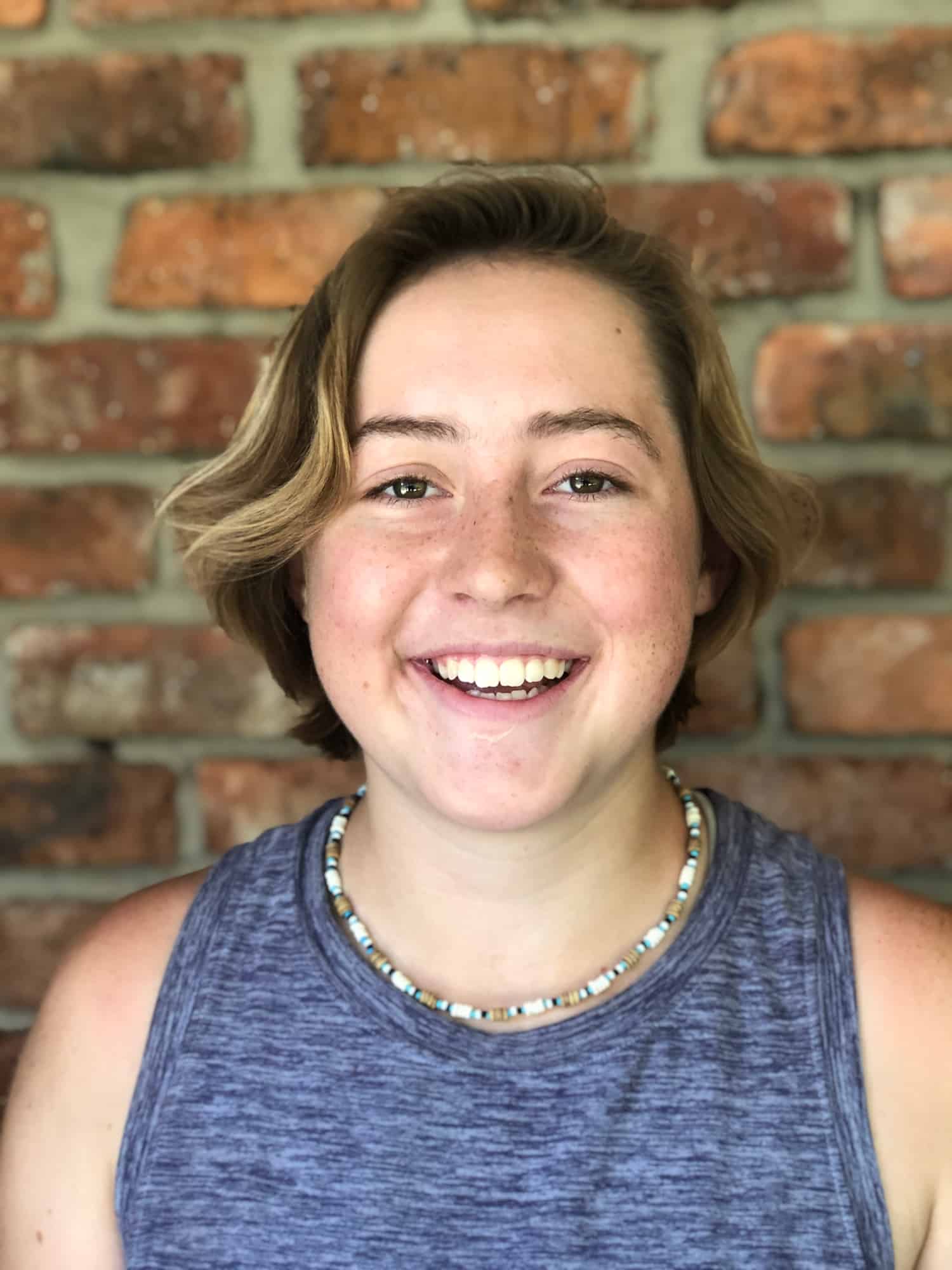 “TTS taught me how to do my own research and share my own thoughts no matter the circumstance. This is relevant now because I can have uncomfortable conversations about politics or social movements like Black Lives Matter and I can back up my thinking with facts. My exposure to challenging dynamics of race, power and privilege during my TTS semester felt invaluable; such challenges are so relevant and meaningful to examine today and I am glad TTS gave me the language and community to process them. My semester showed me how to keep learning and absorbing knowledge, even when it’s hard to look at, or the facts make me uncomfortable, so I can be an accomplice for change.” — Skye Eddy, TTS34
“TTS taught me how to do my own research and share my own thoughts no matter the circumstance. This is relevant now because I can have uncomfortable conversations about politics or social movements like Black Lives Matter and I can back up my thinking with facts. My exposure to challenging dynamics of race, power and privilege during my TTS semester felt invaluable; such challenges are so relevant and meaningful to examine today and I am glad TTS gave me the language and community to process them. My semester showed me how to keep learning and absorbing knowledge, even when it’s hard to look at, or the facts make me uncomfortable, so I can be an accomplice for change.” — Skye Eddy, TTS34
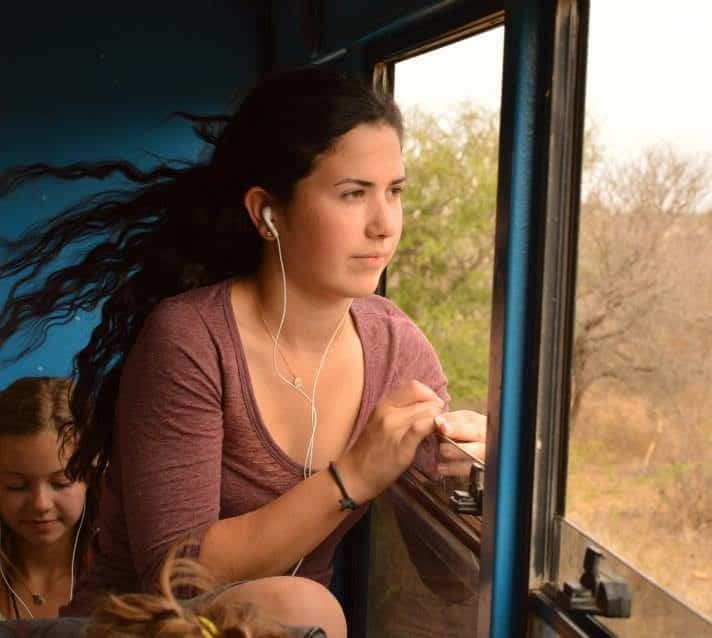 “For me, the most important TTS lesson for this moment is to get comfortable with being wrong. I’ve learnedthat actively seeking opportunities to diversify your perspective means you’ll often be wrong. These humbling experiences can be hard, awkward, and sometimes embarrassing, but that can’t stop us from actively seeking them out. Admitting you’re wrong is an opportunity to learn, unlearn, and be a little less wrong the next time. Now, more than ever, I’m thankful TTS showed me the power of this lesson.” — Natalie Trono, TTS22
“For me, the most important TTS lesson for this moment is to get comfortable with being wrong. I’ve learnedthat actively seeking opportunities to diversify your perspective means you’ll often be wrong. These humbling experiences can be hard, awkward, and sometimes embarrassing, but that can’t stop us from actively seeking them out. Admitting you’re wrong is an opportunity to learn, unlearn, and be a little less wrong the next time. Now, more than ever, I’m thankful TTS showed me the power of this lesson.” — Natalie Trono, TTS22
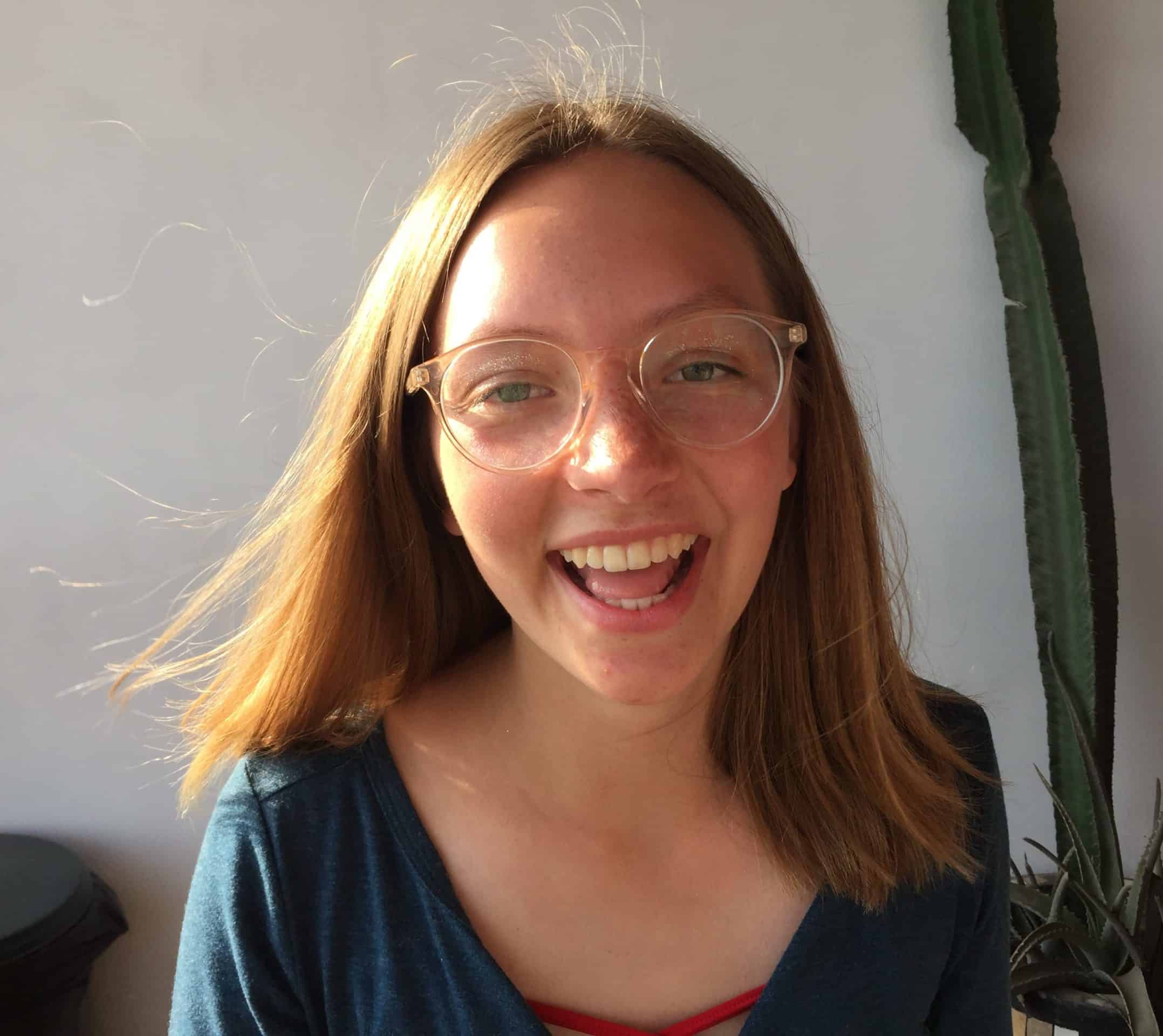 “When my semester ended due to COVID and I saw the way that COVID impacted me, my fellow students and my teachers, I learned that TTS taught me that life will sometimes hurt like hell. It’s not perfect. It’s not as simple as it seems. It doesn’t feel like a rosy picturesque picture movie…But then it’s up to you to pull yourself up, to reach deep within yourself and grab whatever you have left. And that change you always wanted in yourself? That’s where you’ll find it.” — Isabel Estes, TTS35
“When my semester ended due to COVID and I saw the way that COVID impacted me, my fellow students and my teachers, I learned that TTS taught me that life will sometimes hurt like hell. It’s not perfect. It’s not as simple as it seems. It doesn’t feel like a rosy picturesque picture movie…But then it’s up to you to pull yourself up, to reach deep within yourself and grab whatever you have left. And that change you always wanted in yourself? That’s where you’ll find it.” — Isabel Estes, TTS35
“The best way to describe my TTS education is that it was radical and revolutionary. It taught me about the often hidden, often secret injustices perpetrated by the U.S. in Latin America, a history of political coops, civil wars, and indigenous rebellion. It gave me a framework to understand systemic inequities and neocolonial power. It was everything my public school failed to do. It seemed unheard of. I came home and few other people my age knew what I was talking about, or even believed it to be true. I think often of the Zapatistas when I think of TTS, an indigenous group in Chiapas, Mexico, who created an autonomous government, army, and justice system. It’s not hard to see why something like the ‘Capitol Hill Autonomous Zone’ (now CHOP) in Seattle formed as a response to police brutality against Black folks. The Zapatistas similarly responded to state-sanctioned violence. History repeats itself in tragic ways, but also offers exemplars of next steps.” — Maggie Brooks, TTS21
“TTS was the first time I was shown white privilege in a school setting. TTS did an amazing job introducing these ideas in a modern way that highlighted the systemic nature of privilege (race, class, sexual orientation) which was something I’d never been forced to think about before. And it is important to remember that there is always more TTS can do, since this is a formative time for students and educators; there is an important opportunity to teach.” — Sylvia Penfield, TTS27
“Learning about how Africans were exploited even outside the context of slavery helps contextualize rage against the American government. Learning about active imperialism and complicity helped me understand why the Black Lives Matter movement has been such a long time coming.” — Leeya Tudek, TTS32
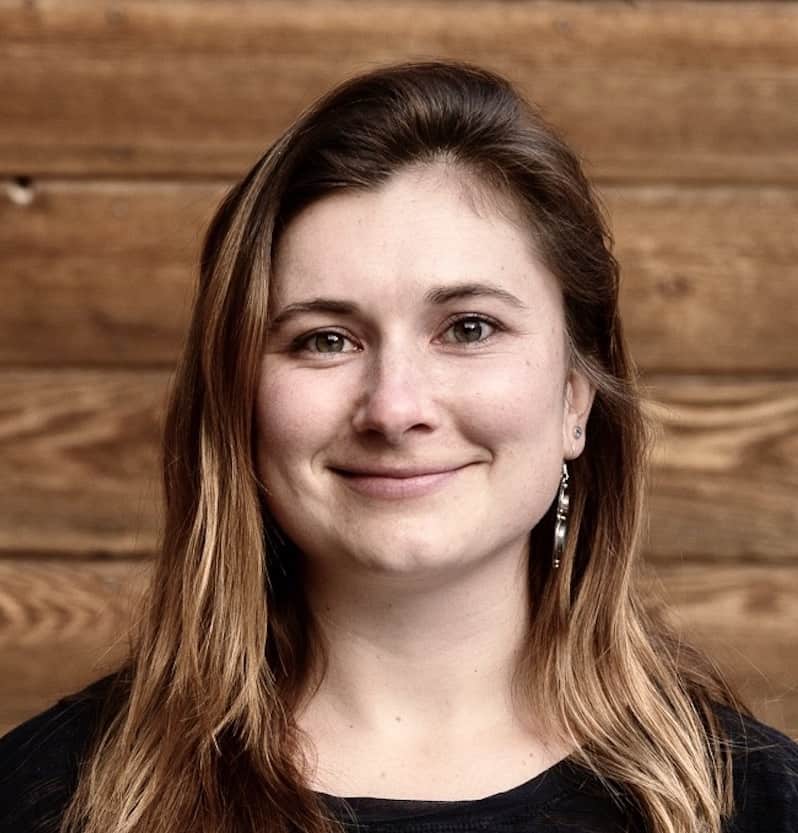 And finally, me (Maddie!) My lessons are neither comprehensive nor particularly profound, and I want to acknowledge my perspective and privilege as a white woman living in a rural community away from COVID epicenters. Nonetheless, these lessons are grounding and important for me now as my own 2020 tool of reflection.
And finally, me (Maddie!) My lessons are neither comprehensive nor particularly profound, and I want to acknowledge my perspective and privilege as a white woman living in a rural community away from COVID epicenters. Nonetheless, these lessons are grounding and important for me now as my own 2020 tool of reflection.
-
-
-
-
- Believe in young people. My students made me examine my own identity and understand the important weight and delicacy in getting to know, and fully see, each of theirs. They made me excited for the tough and honest conversations that are happening more organically in their classrooms and social circles than I ever had in mine as a high schooler. They are motivated to rock the boat with their opinions and holistic approach to justice. That gives me more than faith—it gives me trust that young people are already our teachers, and our most valuable learners. We need education that fosters safe and brave spaces for such motivation to flourish. TTS does this well, and still we can always do better.
- To people with whom you share many of your lived experiences and to those with whom you do not. The more you can understand their stories, the more you will understand the roots of your own. Teaching Literature for TTS allowed me a rare window into the stories of my students; I am honored to have listened to and read about some of the experiences that shape them. Storytelling cultivates the kind of empathy that drives connection and reaction. 2020 needs more listening to the stories that have already been told for hundreds of years. Because we are beyond reaction, we need to do something about it.
- To learn and to unlearn. Diversify the information you consume and the authors of that information. Think about who decides what you read, and what systems tell you what you should think of it. And challenge those norms.
- We are moving away from the term ‘allyship’ because it is inherently passive. Showing up for what is right no longer implies you can just wait for wrong to wave around in your face and then interfere. Instead, let us practice being active accomplices in this two-pronged fight for global health and human justice. Start the conversations before they need to happen, and involve people who will not just nod their head to your every sentiment, but challenge you, disagree with you and question why.
-
-
-
Thank you to all of the TTS alumnae who are actively seeking out ways to enact positive change. 2020 needs you.

